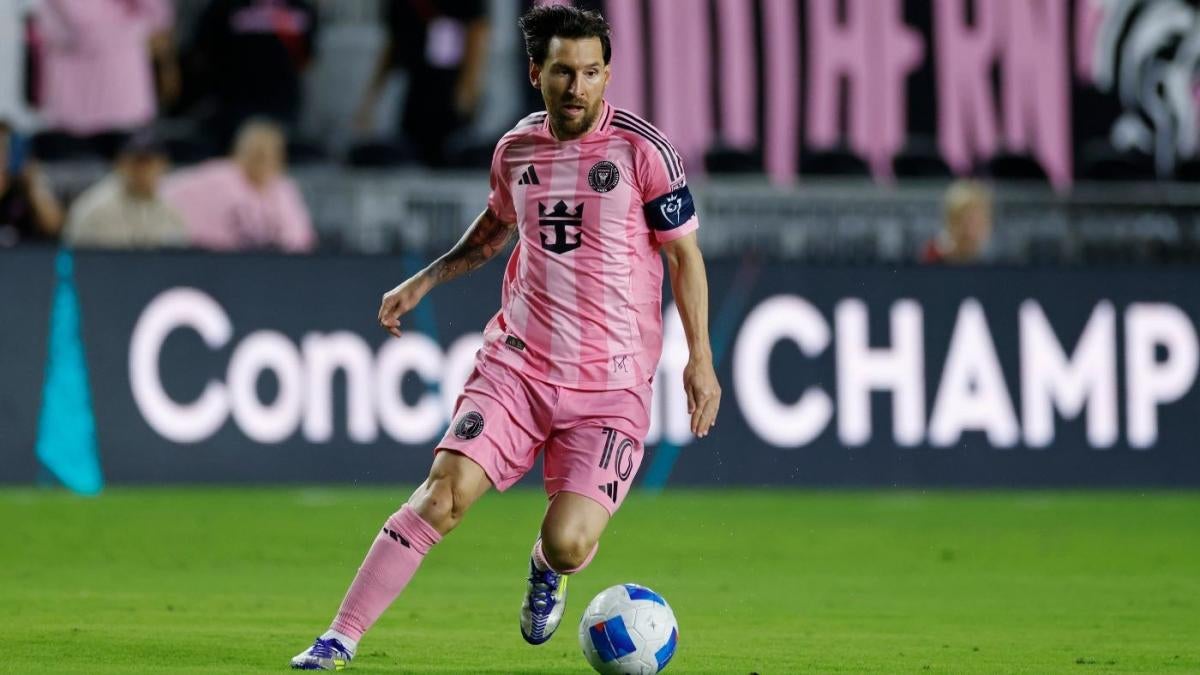 Champions League
Champions League

 Conference League
Conference League

 Premier League
Premier League

Published on Oct, 10 2024

Over the past two decades, Spanish football has undergone a remarkable transformation, establishing itself as a global powerhouse. From the early 2000s, Spain shifted from a physical, defensive style to a dynamic, technical approach. The success of the national team, along with the dominance of clubs like FC Barcelona and Real Madrid, has positioned Spain at the pinnacle of world football.
This article explores the key factors behind Spain's rise, highlighting the roles of influential players, clubs, coaches, and youth development systems that have shaped this golden era.
Spain’s footballing success is inextricably linked to its golden generation of players. This group redefined the game with their exceptional skills and tactical intelligence. Key figures include:
Xavi Hernandez: Known for his impeccable passing and vision, Xavi controlled the tempo of both Barcelona and the national team, becoming a legendary figure in midfield.
Andres Iniesta: Iniesta’s creativity and dribbling, along with his knack for scoring crucial goals, earned him global recognition. His winning goal in the 2010 World Cup final secured Spain's first-ever title.
Iker Casillas: One of the finest goalkeepers in history, Casillas’ leadership and shot-stopping abilities were instrumental in Spain’s victories at Euro 2008, the 2010 World Cup, and Euro 2012.
Sergio Ramos: A versatile defender, Ramos’ leadership and goal-scoring prowess made him an indispensable figure in Spain’s defense for over a decade.
The rise of Spanish football is closely tied to the dominance of FC Barcelona and Real Madrid. Both clubs have achieved domestic and international success, consistently raising the standards of European football.
Barcelona’s tiki-taka style, centered around short passes, movement, and maintaining possession, has been pivotal to its success. Two figures in particular shaped this philosophy:
Johan Cruyff: Cruyff’s arrival in 1988 marked a turning point for Barcelona. His focus on technical skill and creativity laid the foundation for the club’s future achievements.
Pep Guardiola: As head coach from 2008, Guardiola perfected tiki-taka, leading Barcelona to numerous titles, including two UEFA Champions League victories. His emphasis on possession-based football and pressing revolutionized the modern game.
In contrast to Barcelona, Real Madrid adopted a "Galacticos" strategy, building a team of world-class players. This approach brought multiple Champions League titles, including a historic three consecutive wins under:
Zinedine Zidane: As both a player and coach, Zidane played a key role in Real Madrid's success. His calm leadership and tactical expertise were crucial during their unprecedented Champions League triumphs from 2016 to 2018.
Visionary coaches like Johan Cruyff and Pep Guardiola have been instrumental in Spain's footballing rise. Their contributions extended beyond tactical innovations to shaping youth development.
Johan Cruyff: Cruyff established Barcelona’s renowned La Masia academy, which produced world-class talents like Lionel Messi, Xavi, and Iniesta.
Pep Guardiola: Guardiola promoted young talents like Sergio Busquets and Pedro, integrating academy players into the senior team, which helped sustain Barcelona’s dominance.
A key reason behind Spain's footballing success is its emphasis on youth development. Spanish academies, particularly La Masia and Real Madrid’s La Fábrica, produce a steady stream of talent.
Barcelona’s La Masia academy is famous for developing technically proficient players who seamlessly fit the club’s philosophy. The focus is on honing technical skills, tactical awareness, and mental toughness from a young age.
Real Madrid’s La Fábrica has also been instrumental in nurturing elite talent. The academy emphasizes technical skills, physical fitness, and psychological resilience, ensuring players are well-prepared for the professional stage.
Scouts play a vital role in identifying young footballers. They prioritize several key attributes:
Technical Skills: Dribbling, passing, and ball control under pressure are critical.
Tactical Awareness: Understanding of positioning and game-reading abilities are essential.
Physical Attributes: Speed, agility, and endurance are valued, although size is less critical than before.
Mental Toughness: Resilience, work ethic, and the ability to handle adversity are highly prized.
The rise of Spanish football over the past two decades has been extraordinary. The combination of innovative coaches, world-class players, and strong youth development systems has created a lasting legacy. With Spain continuing to produce elite talent, the future of Spanish football appears brighter than ever.
What is tiki-taka football?
Tiki-taka is a style of football that focuses on short passing, movement, and maintaining possession, popularized by Johan Cruyff and perfected by Pep Guardiola.
Who are the key players of Spain's golden generation?
Notable players include Xavi Hernandez, Andres Iniesta, Iker Casillas, and Sergio Ramos.
What role did Johan Cruyff play in Barcelona’s success?
Johan Cruyff introduced a technical, creative philosophy to Barcelona and played a key role in establishing the club’s youth academy, La Masia.
What is the difference between Barcelona and Real Madrid’s approaches?
Barcelona emphasizes a possession-based style, while Real Madrid has focused on assembling teams of world-class players (Galacticos) to achieve success.
What makes Spain’s youth development system so effective?
Spanish academies focus on developing players' technical, tactical, and mental skills from a young age, ensuring they are well-rounded and prepared for the highest levels of football.
Receive regular soccer updates about our products, special offers and more!
We value your privacy and we’ll never send irrelevant information
Editors Top Picks







